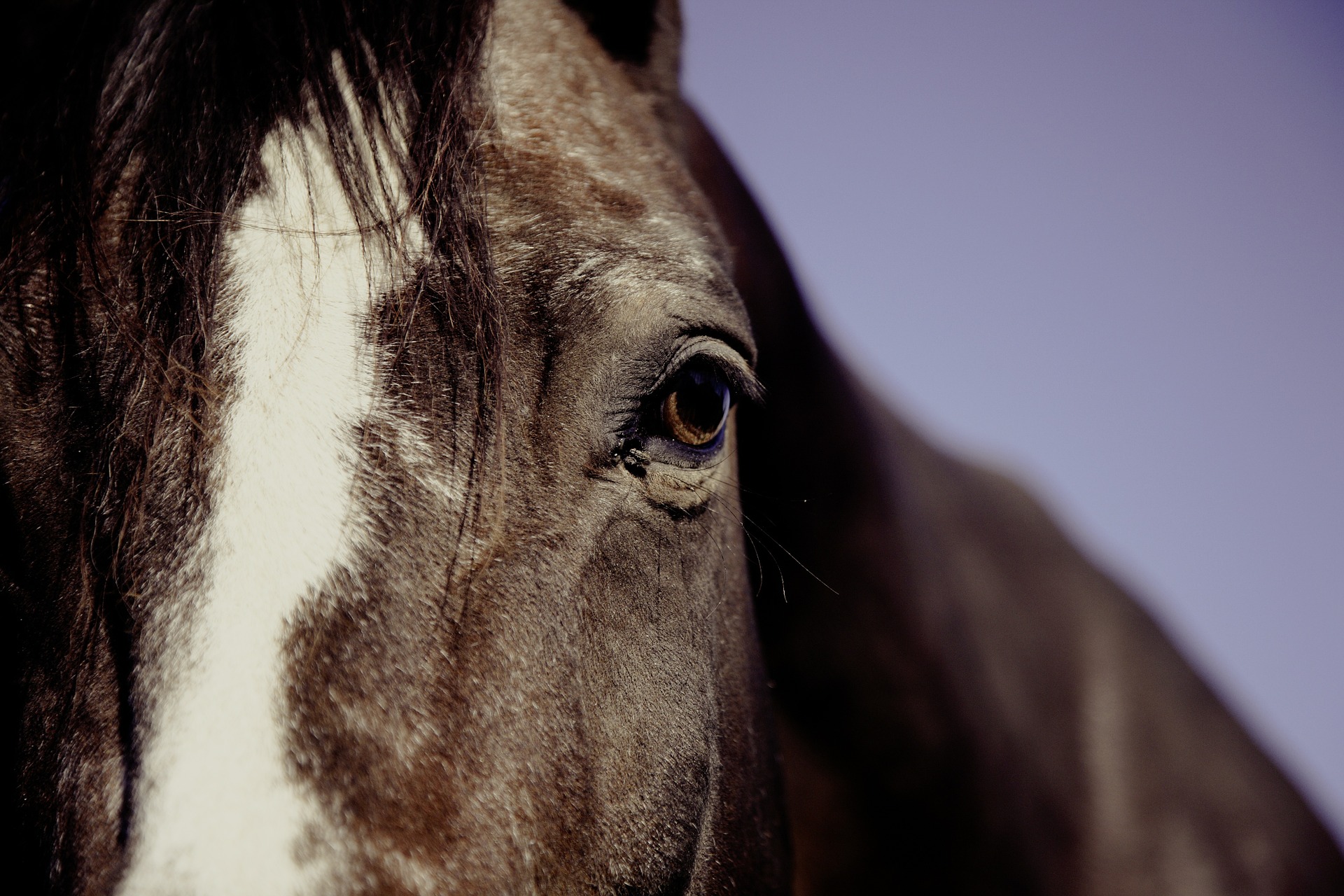News & Special Offers

Equine Firework Safety – are your horses safe?
With Bonfire Season coming up (and increasingly imminent!), we need to start considering how best to help our horses weather the season. In this blog, we’re going to look at the risks of firework use around horses and ponies – some obvious, others less so – and then explore some of the ways you can help them to cope.
Why do horses find fireworks frightening?
Well to start with, not all do. There are some horses that quite enjoy watching displays! However, for many, possibly most, these are terrifying. The reason is that horses are prey animals – at a deep instinctive level they know that anything unusual or scary might be a predator trying to eat them. So loud bangs in the sky and bright lights are not exactly reassuring! As an extension to this, there’s a reason horses get nervous in windy or stormy conditions – loud noises disrupt their ability to hear potential predators coming; and their eyes are slower to adapt to changes in light level than ours, so they stay dazzled for longer than we do.
What are the risks?
There are a number of issues with fireworks; however, these generally boil down to…
- Fear and distress
Whether or not a horse is physically injured, they can still suffer emotional distress from being afraid and being unable to escape. We owe it to them to minimise this.
- Escape-induced injuries
Of course, if frightened, horses will try to escape – and this can result in horrific injuries as they run through walls, fences, ditches, or whatever; or even escape onto a road, putting themselves in danger from passing traffic.
- Burns
It’s rare, but it does occasionally happen – horses can be hit by burning fireworks. Their winter coat is oily, fluffy and very flammable: a disaster waiting to happen.
- Exposure to firework debris
Even the morning after the night before, the ground isn’t necessarily safe. Spent fireworks frequently contain metal components that can cause puncture wounds or lacerations, and the propellant residue can even be toxic.
Are there any laws about firework use around large animals?
Under section 4 of the Animal Welfare Act, it is an offence to cause any unnecessary suffering to any captive or domestic animal – and very distressed horses would usually be considered to be suffering. The offence carries a fine of up to £20,000 and/or a prison term of up to six months, however, it is very difficult to prove in a court of law except in really obvious situations. That said, it can be a useful argument when asking neighbours to be considerate about planning displays!
What can be done about it?
As always, there are multiple possible approaches – meaning no one of them is 100% effective for every horse. However, some of the more useful tips include:
A is for AVOID – Stable horses during fireworks displays
When indoors, horses are less exposed to the loud noises; in addition, if you leave stable lights on, they won’t be dazzled by the bright lights. You will have to go out and turn them off later to let them get some sleep, though! In addition, while in their stable, horses may get anxious and move around, but it’s harder for them to build up enough speed to cause serious injury.
B is for BREATHE – consider using Pheromones
Like other animals, horses produce pheromones – hormones that spread in the air to transmit emotional messages to each other. There is a synthetic version of one calming substance (Equine Appeasing Pheromone, similar to the DAP used in dogs, or Feline Facial Pheromone in cats) that can be used to reduce stress and anxiety. When applied to the upper lip, the horse breathes it in and their anxiety levels drop. Although best given before the stressful event, it is reported to start working within 30 minutes.
C is for CALM – Calmers
There are a huge range of calming products for horses out there. Most of them contain low levels of psychoactive herbs, or synthetic amino acids, or magnesium. The evidence behind most of them is weak, but some horses do seem to respond well to some combinations. This might be something worth exploring for long term use – but don’t rely on it unless you know your horse responds to that particular product!
D is for DISTRACT – offer something nice to take their minds off it
Most horses think with their stomachs. Having a tasty treat available will often distract them from noisy things in the sky!
Is sedation worth it?
In a few cases, it might be worth exploring; however, it isn’t something we’d usually recommend. The reason is that sedatives can be overcome by a horse who is sufficiently stressed – and if they “fight off” the effect of a sedative they are often more of a danger to themselves and others. Please do not try using sedatives such as acepromazine or detomidine gel without talking to our vets first!
